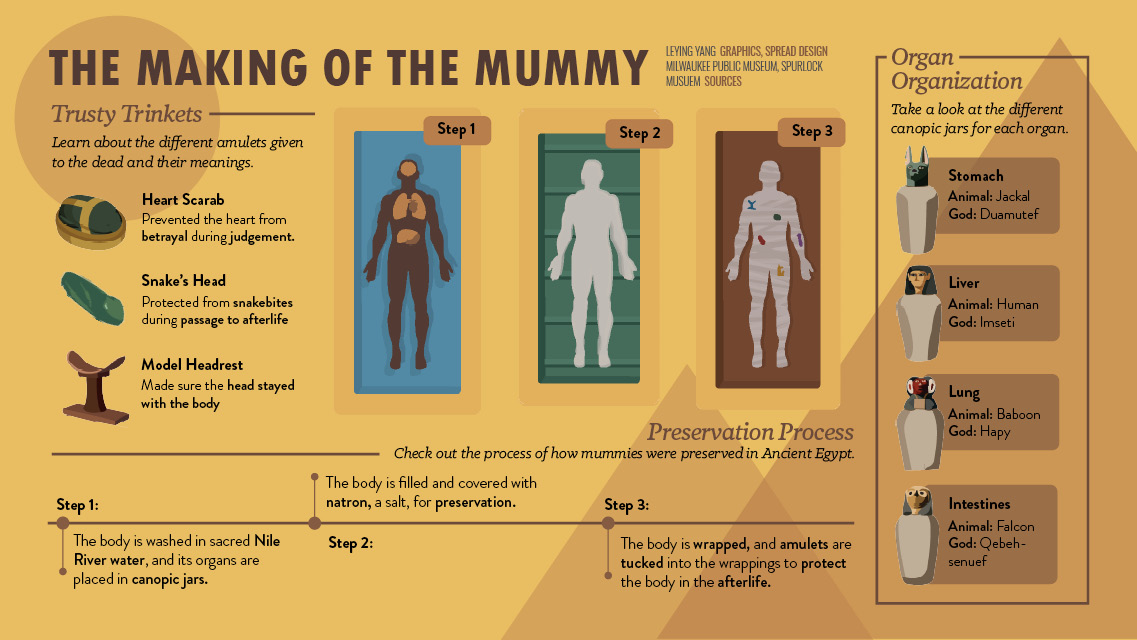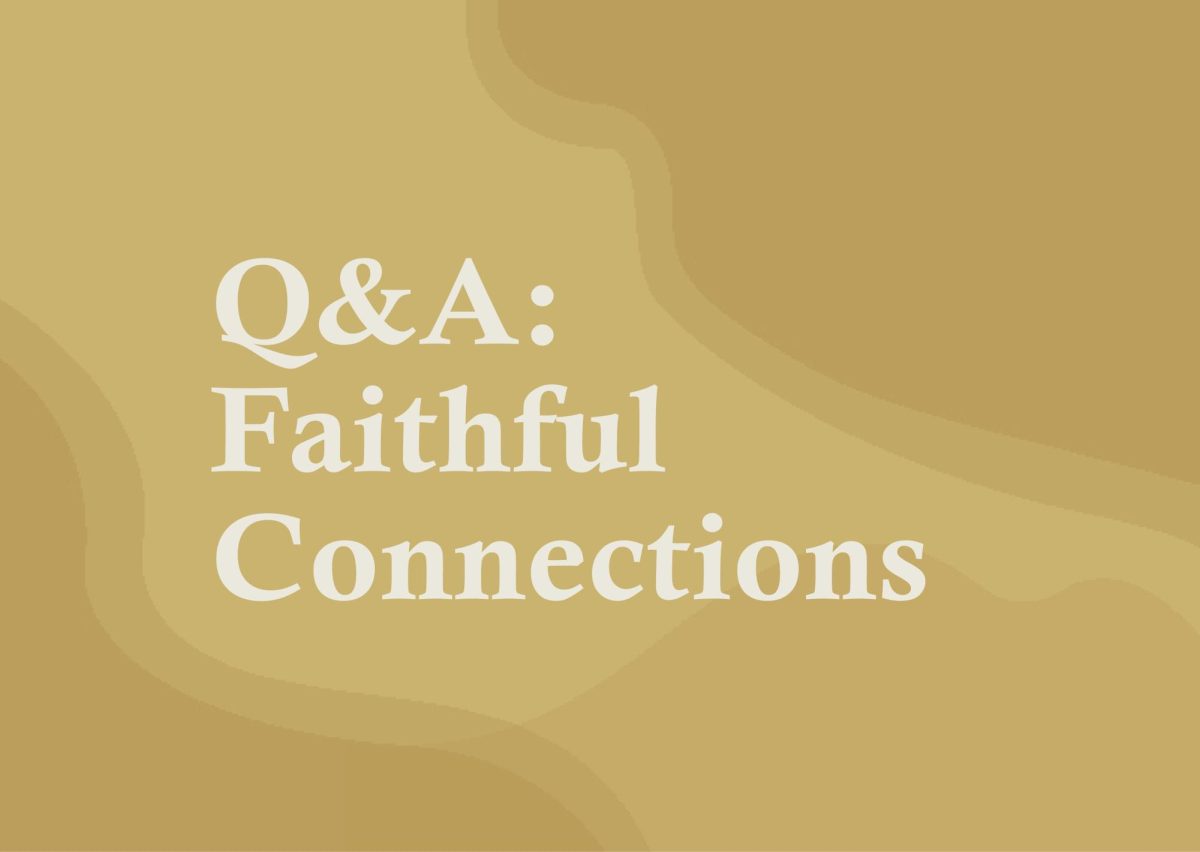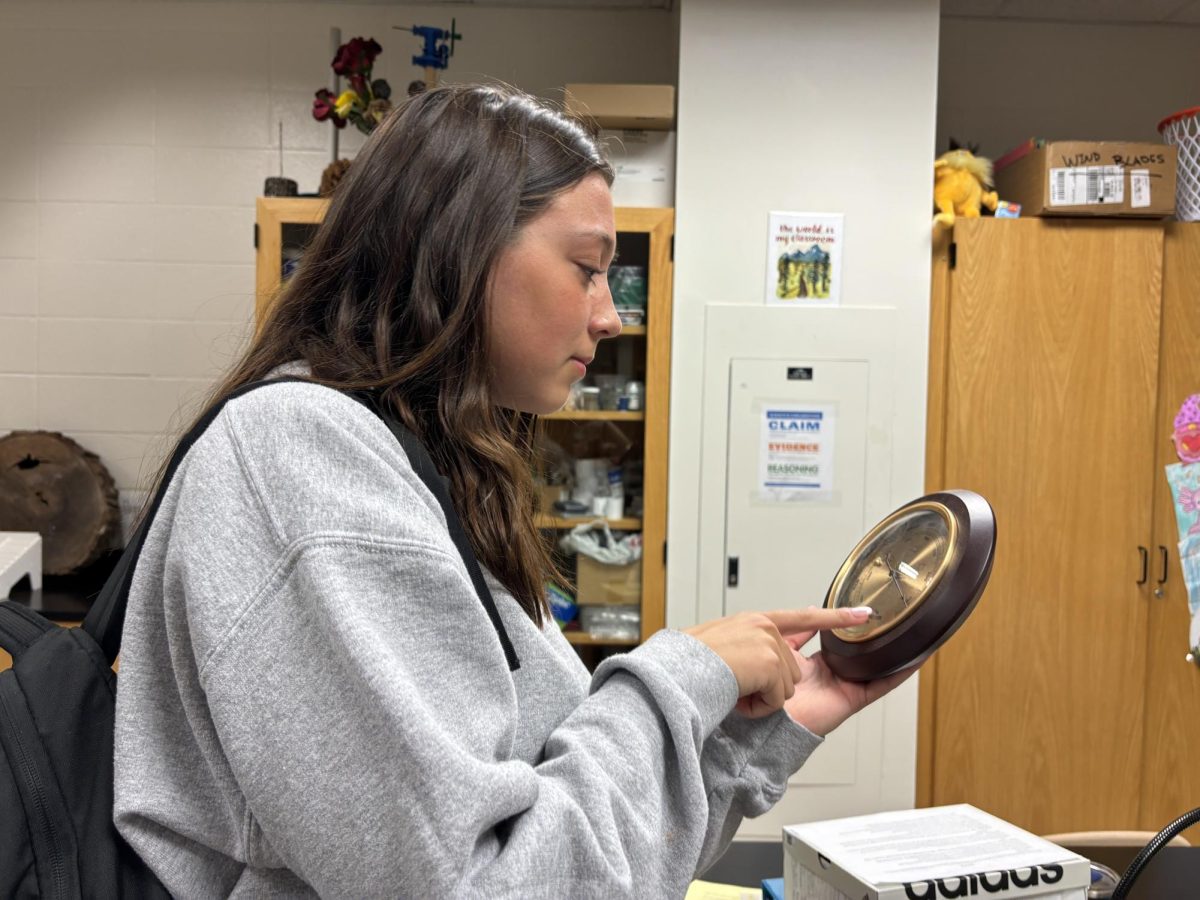When sophomore Ching Luo’s grandfather passed away two years ago, her family initially avoided the topic entirely.
“We weren’t especially close, so I didn’t feel really the level of grief that my mom felt, of course,” Luo said. “I was kind of scared to talk about him when my mom was there, because of course I don’t want her to feel bad.”
For her, Luo said, her culture’s negative view toward death and grief was an obstacle in her family’s healing process.
“I didn’t want people to know,” Luo said. “Not talking about death is almost like an unspoken rule or a taboo.”
Luo isn’t the only one who has struggled dealing with grief.
“Unfortunately, students dealing with grief are pretty common,” CHS social worker Sara Knoop said. “Loss is probably one of the most common things that we as people deal with.”
A 2022 survey by Ben Hughes and Kerry Jones supports this. The results indicated that 85% of young people had previous experience with issues around death, including the death, near death or illness of family members or pets.
But if death is a common occurrence, then why is the stigma around it so pervasive?
Freshman Kyle Yang said he shared a similar experience to Luo’s.
“I think (stigma) can definitely be a prevalent issue,” Yang said. “Most people likely want to avoid topics that are close to them emotionally, especially if it’s something more uncomfortable to share.”
Death is the subject making up much of artistic themes, like in books or paintings, and cultural elements, like religion, such as Anubis’s role as the god of death in Egypt.
However, because death is an outcome humans often fear, as a topic, people often avoid it in conversations where it can be uncomfortable and considered taboo or morbid, according to Knoop.
After working at the high school for eight years, she said her job is to “ultimately support students and help them to be successful at school” regardless of the stigma.
When loved ones are dealing with loss, she said there can be social implications when bringing the topic up.
“We don’t ever want to cause sadness for somebody else,” Knoop said. “The hardest part is honoring what each person feels comfortable talking about.”
Popular media works like movies and TV can influence ideas about death and other serious topics, Yang said, but social media platforms especially have the ability to stigmatize, discourage, or even glorify death in everyday conversation.
“Usually when people talk about death, it’s a joke or an exaggeration,” Yang said. “In real, more serious occurrences, people tend to hide their feelings.”
“It’s likely someone I know has gone through loss but just hid it,” Yang added. “It’s on TV a lot: when someone doesn’t want to be treated differently, so they hide certain things that would make their friends see them in a different way.”
Knoop said when loved ones lose someone, it can be difficult to understand how to comfort them.
“I think it’s okay to ask a friend how they’re doing or ask them about that person they lost,” she said. “If they give you a short answer, that’s okay; if they give you a longer answer, and it seems like they are comfortable talking, then that opens up the door for future conversations.”
 Cause of death can also be a crucial determinant in the extent of the stigma’s effect.
Cause of death can also be a crucial determinant in the extent of the stigma’s effect.
A 2016 report by University of Bath leading researcher Christine Valentine found drug-related deaths and AIDS deaths have been implicated as “bad” deaths, accompanied by negative press.
The association with illicit activity may also contribute to the stigma specifically surrounding drug-related deaths.
“I think the reason the stigma is higher for certain causes of death is that people think that they wouldn’t want to die by those means,” Yang said. “If you ask most people how they would die, most would say by old age, which is something you can’t control.”
Deaths by suicide also have higher stigma scores than those by natural occurrences, according to University College London researcher Alexandra Pitman’s 2016 paper highlighting perceived social stigmas.
Both of these situations could also be impacted by stigma around death to a higher degree because of the perception that the deaths were self-inflicted, according to Luo.
“Maybe in these cases people feel bad because they think it’s something they could have helped prevent,” she said. “Then the guilt makes it even harder to talk about, and the stigma is increased.”
Yang explained his opinion on dealing with the topic of death with loved ones and how to battle the stigma that is prevalent in today’s society, while acknowledging social and mental boundaries.
“People shouldn’t be scared to talk about death with their friends or family, especially if it has to do with serious topics,” Yang said. “But also it’s important to respect their boundaries and still be sensitive.”
The main takeaway, Knoop said, is to be mindful of different situations in regard to death.
“The stigma does definitely exist,” Knoop said. “But I think it comes more from being afraid to hurt another person than death itself.”
While the taboo on death may pose a series of issues and implications for mental health, and everyone heals at different speeds, Luo said, ultimately the stigma can be broken down gradually.
“For me personally, it was just time,” Luo said. “After time passes, the feelings gradually fade, and death feels easier to talk about.”









